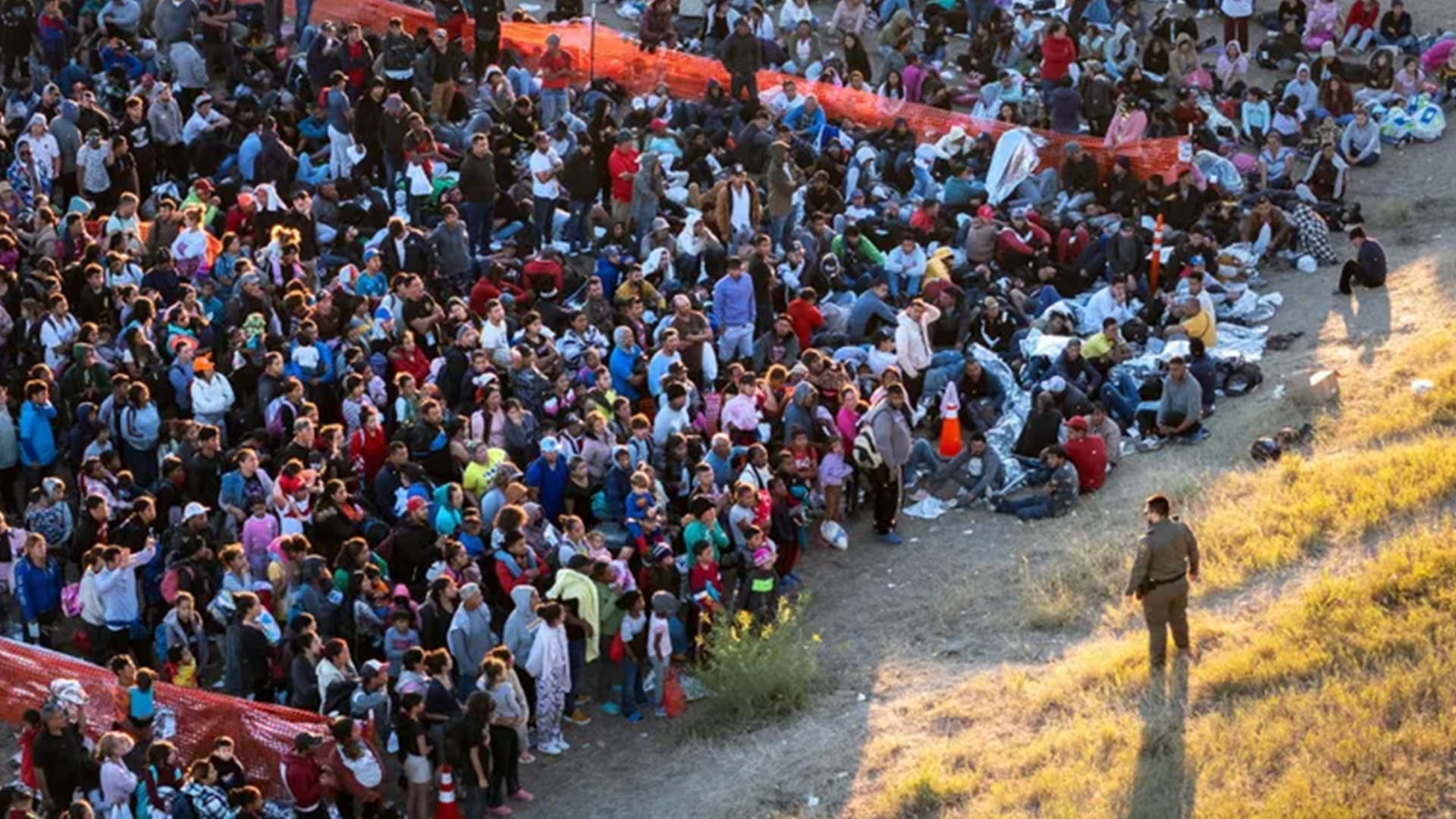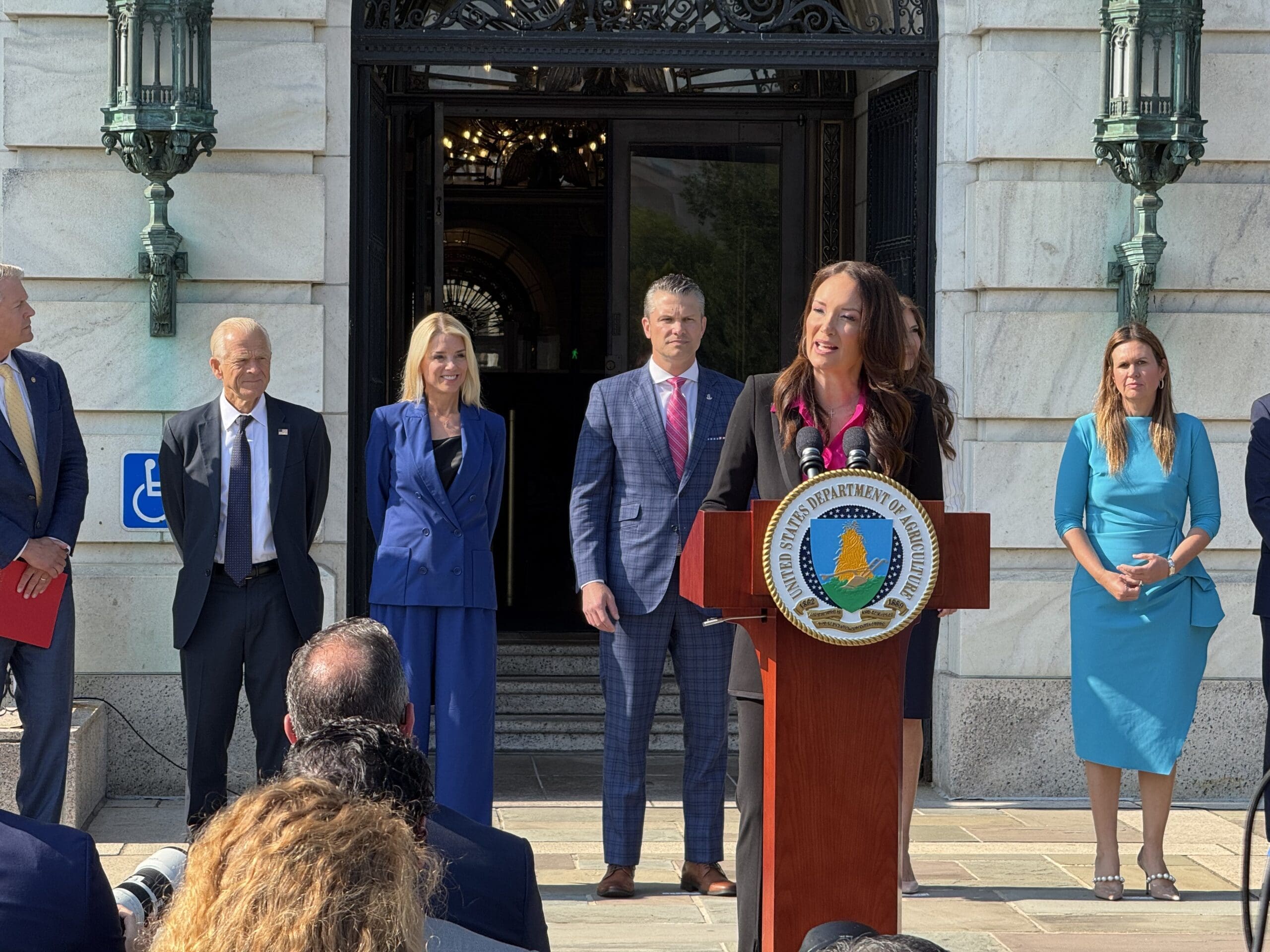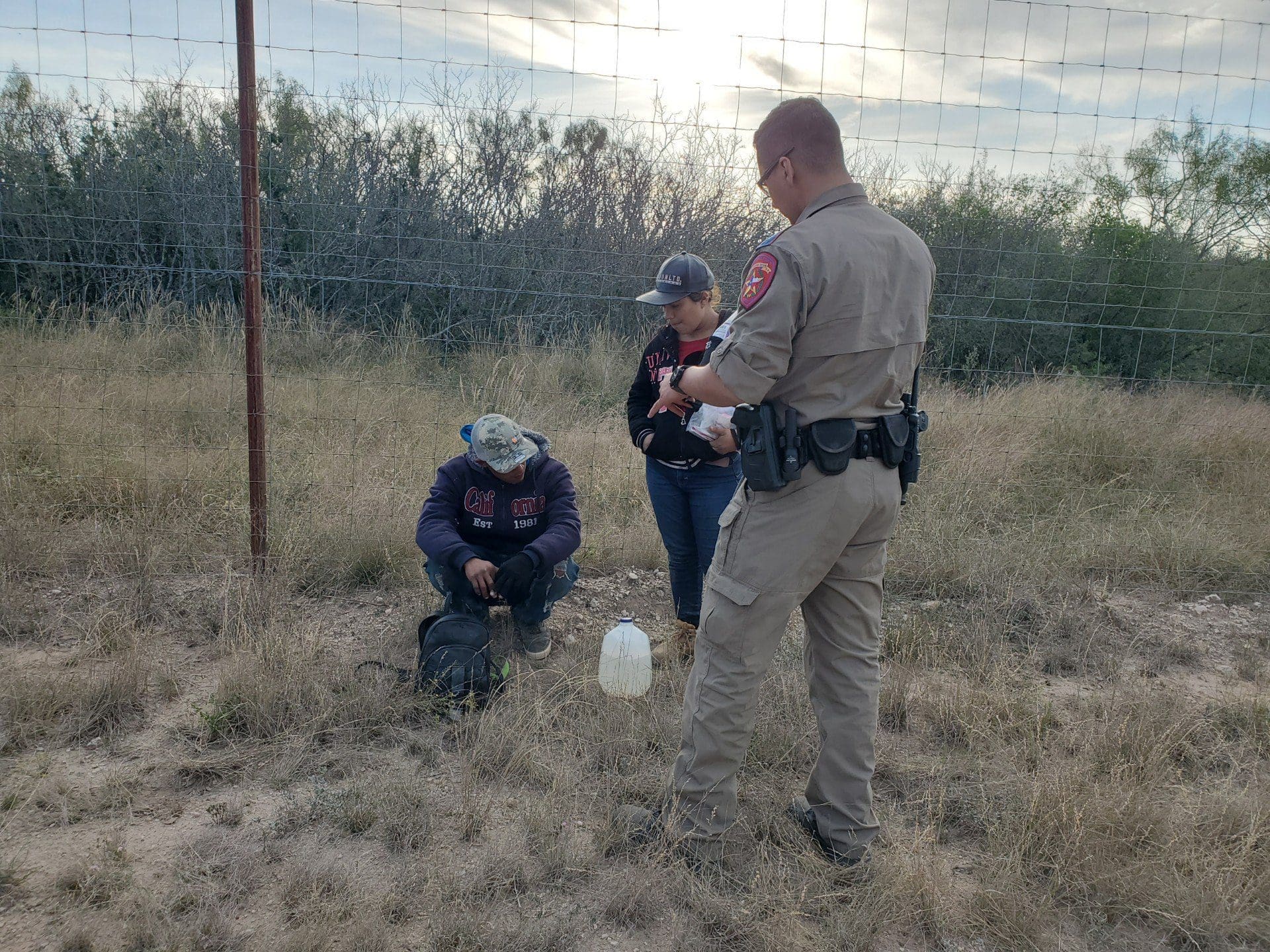So often, many Americans question how a parent or guardian could intentionally place young children in harm’s way for a chance at arriving to the United States. The common left-wing narrative paints an impoverished life of migrants in their respective home countries, fleeing unfathomable persecution, violence, and starvation. Reasonable bleeding hearts on all sides find themselves excusing the intentional child endangerment as an acceptable risk envisioning what they may be willing to sacrifice if their families were in similar depraved situations.
What if the most common scenario is far from the narrative Americans have been sold?
Texas Scorecard recently deployed a team to Texas’ southern border in the small remote Rio Grande Valley towns of Roma and La Joya. During the team’s many interviews, we encountered Sara and young Mattias.
Sara traveled from Guatemala with her grandson, Mattias, who is two years and nine months old.
We asked Sara about the journey to America and if she would encourage others to take similar routes. Sara quickly teared up and responded, saying it was horrible, she’d rather forget it, and wouldn’t recommend the journey to anyone.
Sara explained that she met and teamed up with one man and two juvenile males about a week into her journey. Since they were all from Guatemala, they decided to travel together to the U.S. It took her about 28 days to travel from Guatemala to the Texas Border, walking most of the journey.
According to Sara, the terrain was challenging and treacherous. She explained that she was not too concerned about food because the townspeople would feed them and other migrants as they passed. Sara explained how they often slept in the brush and parks along the way and described men she referred to as “the bandits” they encountered along the way. Sara said the bandits go where the migrants sleep, often stealing from the groups and feeling around for women to rape. Sara also described that at one point, they were shot at by the bandits as they traveled through the brush.
After teaming with the man and male juveniles, she was raped by the bandits. The bandits told Sara to be quiet, not to make a scene, and said the assault would be over quickly. The man she teamed up with told her the bandits would kill him if he tried to stop them from raping her. She knew there was nothing she could do, and no one would try to stop the bandits from assaulting her.
Her grandson Mattias was present during the assault.
Why did Sara decide to take the treacherous journey, understanding the likelihood of facing such abuse? Sara explained that in Guatemala she made tortillas, but the corn meal to make them became too expensive. Her daughter arrived eight months prior, also for financial reasons. According to Sara, her 18-year-old daughter was also raped along the route. She was bringing the toddler to be reunited with her daughter, who is Mattias’ mother.
It is important to note that by her admission, Sara chose to migrate to the U.S. for economic reasons, which is not a credible claim of asylum. Similar explanations were given by other men and women we spoke to that crossed over illegally on this trip.
Could an illegal migrant crossing into the U.S. for a better economic advantage realistically achieve their dream of living better than the financial situation they fled?
Sara said her illegal migration was due to the inflation cost of the materials to make tortillas in Guatemala, but the U.S. has not been immune from inflation either. According to the U.S. Bureau of Labor Statics, there has been over a 10% increase in the price of food over the last 12 months in the United States., the most significant overall inflation rates in 40 years.
In Feb 2022, Forbes reported that 42.5 million Americans live below the poverty line. The Hispanic/Latino community ranks second highest amongst the groups, equating to over 57 million according to the United States Census Bureau. That means more than three times the number of Hispanics in the U.S. are living below the poverty line than the entire population of Guatemala.
Furthermore, according to the left-leaning organization Bread for the World, illegal aliens are more likely to face poverty than legal migrants. According to bread.org, “Immigrants without documentation are overrepresented in low wage jobs with few or no benefits and are more likely to endure hazardous working conditions. They have little power to negotiate better pay or working conditions because it is difficult to change jobs.” What is the statistical likelihood of Sara achieving her hope of living a better financial situation than they fled? Particularly, without the use of government assistance?
Sara said she began her travel with the equivalent of about $130 which was not enough to pay the cartel. She was given money from people she called “good Samaritans” to pay for the trip to the U.S. Will Sara have to pay the “good Samaritans” back for their generous loan? For example, a man from Honduras recently was arrested for burglary in Round Rock, outside of Austin, TX. KXAN reported that the man who committed the burglary did so to help pay his outstanding debt to his smuggler. According to KXAN, the Honduran was forced to live in a nearby house and work to pay the debt for his travel arrangements to the United States to his smuggler. Unfortunately, this form of exploitation is a common occurrence.
Sara mentioned that she has a 14-year-old daughter she left behind in Guatemala. Eventually, she plans to send for her daughter to come to the U.S., despite knowing the high likelihood of the young teen facing similar abuses and exposure to harmful elements.
With Sara, it is likely we will never know.
So many unaccompanied minors we spoke with during the same visit to Roma and La Joya went into detail about the abuse they endured along the way. Unfortunately, Sara’s earlier stark warning for others to stay away seemed to have faded regarding her daughter’s potential future trip.
Under Texas Penal Code § 22.041, a parent or legal guardian could be charged with child endangerment if “…he intentionally, knowingly, recklessly, or with criminal negligence, by act or omission, engages in conduct that places a child younger than 15 years in imminent danger of death, bodily injury, or physical or mental impairment.”
Are Texans, and American citizens, subjected to different legal standards pertaining to the endangerment of children than adult illegal aliens who knowingly put young children in harm’s way for a possibility of a better economic circumstance?
At the end of our conversation with Sara, the little boy became visibly upset when the man was loaded on the bus. According to Sara, Mattias grew to feel safe when the man was present and was visibly distressed when the stranger was outside Mattias’ sight.
Sara and her grandson Mattias plan to be reunited with her 18-year-old daughter in Santa Fe, New Mexico.





